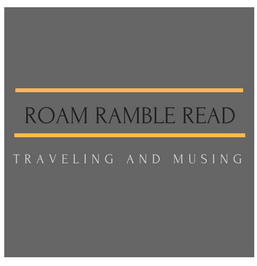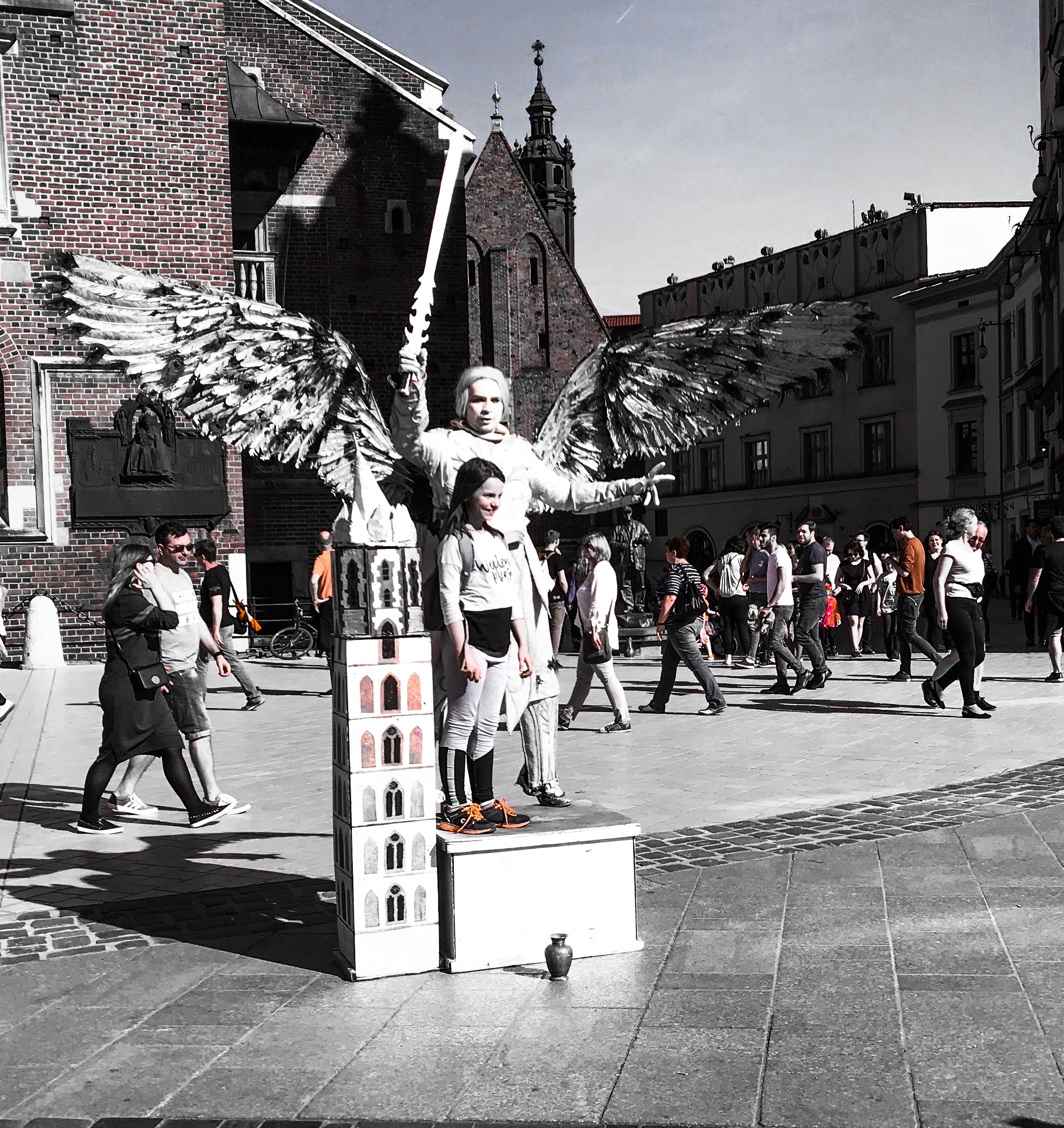
I’m feeling very cosmopolitan. Sitting here sipping Jasmine green tea, listening to French café music on Pandora (Should I find a Polish café channel?), surveying the sleek apartment and taking tantalizing bites of an onion tart from the corner coffee shop. It has been overcast and bitterly cold every day, but I’m, somehow, enjoying the frigidness of Krakow.
My friend Marty loves cities—particularly Seattle and Chicago and I never could relate. I’ve been to big cities and my anxiety creeps up, claustrophobia sets in, and all I want is to be on the next plane home.
Atmosphere in literature is the feeling, emotion, or mood that an author creates in a narrative through descriptive language. This literary device creates the emotional atmosphere in which the action takes place and the reader is encouraged to internalize while reading.
The city of Krakow is different. Internalize this descriptive narrative from the Eyewitness Travel guide: “Krakow is one of the most beautiful cities in Europe. Over the centuries, many important artists and architects came to work here. Krakow has been spared major destruction, so it preserves the largest assemblage of historic buildings and monuments in Poland.”
The word atmosphere comes from the Greek words atmos, meaning “vapor,” and sphaira, meaning “ball” or “globe.” In science atmosphere refers to the envelope of gases surrounding a planet. However, the literary understanding of atmosphere comes from the more metaphorical use of the word in which it means the ambience, aura, climate, or feeling of a place.
Never in my maddest dreams did I think I could morph into a city girl in only three days. Am I caught up in the ambience, aura, and can I dare say: climate (literally and figuratively) of Krakow?
About The Author
admin
Related Posts
Spring has sprung in and out Krakow
The mimes are out in the Main Square. The ermines are out. Outdoor…
February 22, 2018Without atmosphere a painting is nothing
For twenty years the Netherlands’ greatest artist Rembrandt Harmenszoon van Rijn lived and worked in…
February 22, 2018

